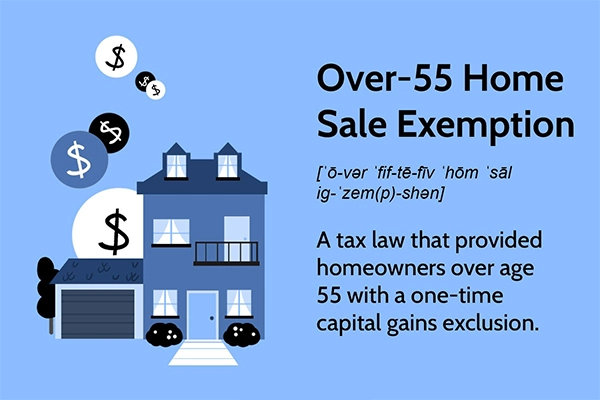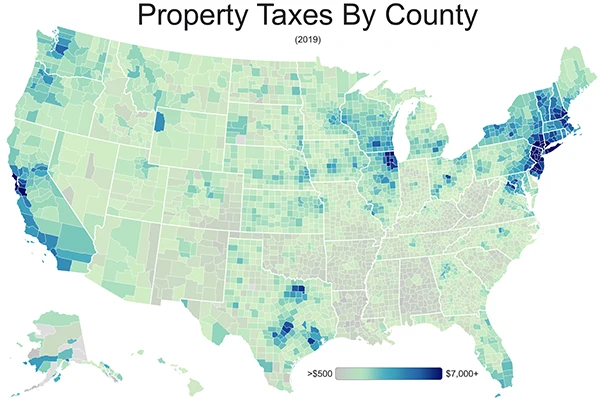The Legal Considerations When Selling a Jointly Owned Two-Story House
“Jointly-owned property: A legal minefield where even the most experienced lawyers can get lost.” – Robert Irwin, Attorney
Well, despite that quote making it sound impossible to sell a jointly owned property, it is still very much possible if both the owners agree to the deed.
With the right instructions on what to expect or what to consider, cracking the deal, and selling a jointly-owned house is not a major challenge. With changing trends in homeownership, more people are shifting towards single-owned properties.
If you are one of those who want to move out of co-ownership and be a single owner of the property, it is advised to first know about all the legal considerations before moving forward.
Title Deeds and Ownership
As the name suggests, jointly owned two-story homes or any other property have more than one owner. It can be a business premise or a residential home. When referring to the US laws and regulations, such properties may have various types, like, joint tenancy, tenancy by the entirety, community property, or in trust.
In other words, the ownership of these properties may have legal implications that are shared by all participants. Whereas, there are some cases when their involvement is respective to the contribution they have made in the purchase.
For more clarity on the subject, it is always advised to consult a legal expert who can lend you a clear image of the scenario.
Consent from Co-Owners
A pretty obvious, yet decisive factor is that the property deed needs to be consented with both the owners. irrespective of the number of owners, they need to make sure that there is no dispute in each stage of the deal.
However, there’s another way where if any partner is in sudden need of funds, or wants to sell the property for any possible reason, he/she can sell only their portion of the property.
This portion is clearly mentioned on the deed when the property was purchased. Hence, it becomes clear that selling the whole property without the agreement of all the partners is impossible. Whereas, a person can sell their share of the property without any dispute.
Property Value Assessment
Property valuation is one of the key areas where joint ownership of two stories involves various complexities and intricacies. In jointly-owned properties, the following are some points that are considered:
- Identifying the Ownership Type: Whether it is about owning the property or being a tenant, jointly owned property works the same. However, it is necessary to identify if the ownership or tenancy is common, joint tenancy (where all parties have their say equally), or a community property (where the property is acquired after marriage).
Based on these criteria, the property is valued at the initial stages. - Property Specifications: All the specifications or features of the property are noted down. All the details such as location, size, condition, area, etc. are evaluated.
- Calculating the Shares: Depending on the types of ownership, the shares are calculated on the basis of joint tenancy in common, joint tenancy, or community property.
- Look for Incomplete Finances: If there are any pending mortgages, loans, liens, or any other financial burden on the property, it may negatively affect its value.

Note: Depending on the localities of states such as San Francisco, CA, or any other city of different states, these rules may differ as per their state laws.
Disclosure Requirements
At the time of selling a jointly-owned property, there are some rules and regulations that bind you to disclose information. The list given below list such requirements that need to be disclosed with time:
- Ownership Status of the Property: All the information regarding ownership of the property must be disclosed to the authorities and even to the agent and buyer.
- Financial Information: As mentioned previously, you must make sure that if there is any financial burden on the property, be it mortgage, liens, etc. their information needs to be shared with complete transparency.
- Defects in the Property: In some jurisdictions, disclosures regarding lead paint or radon are enforced by law. Similarly, disclosures regarding any leakage, structural problem, hazard, etc. must be shared transparently.
- Disclosure Forms: Here as well, some jurisdictions bind parties to fill out a disclosure form that demands all the required information about the property.
Distribution of Proceeds
Distribution of proceeds means the distribution of money after the sale of property or assets. Here as well, there is a specific method to distribute the wealth:
Based on the ownership structure, agreements, deed regulations, and tax implications, the funds are divided.

Speaking of taxes, this map shares different counties across the nation based on the amount of property tax they levy.
However, the tax and some other factors related to money can differ on the basis of different states.
Know These Considerations When Selling a Jointly Owned Two-Story House
Lastly, these were all the legal considerations that you need to be aware of before selling a jointly-owned property. If there is no dispute among the owners regarding the sale of the property, the whole process must go smoothly. Hence, if you find this article helpful, share it with your partners and help them too to understand the intricacies of the subject.








